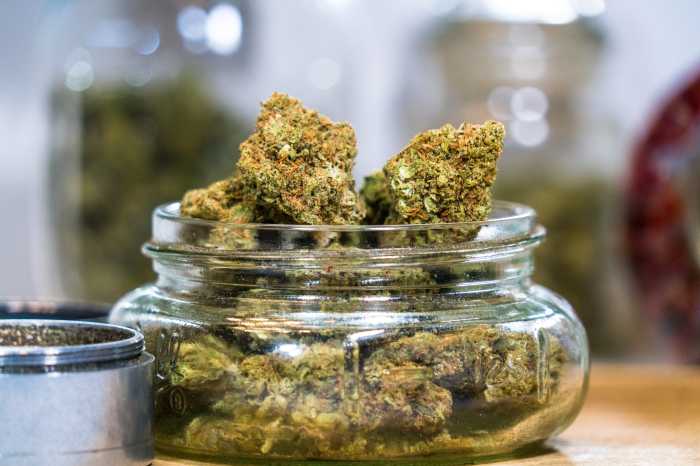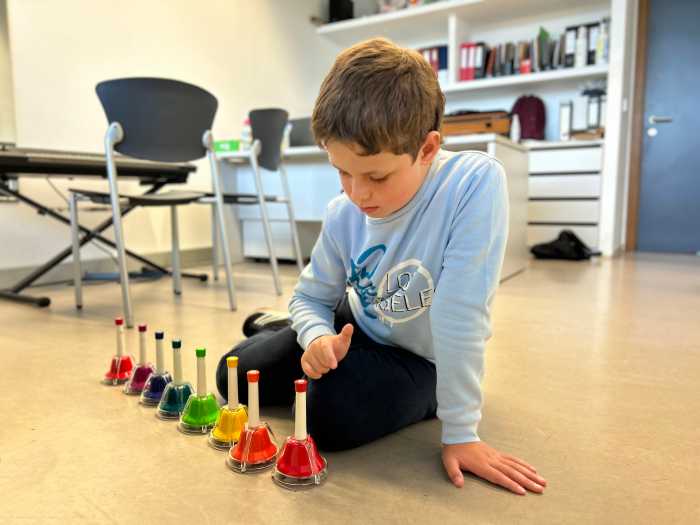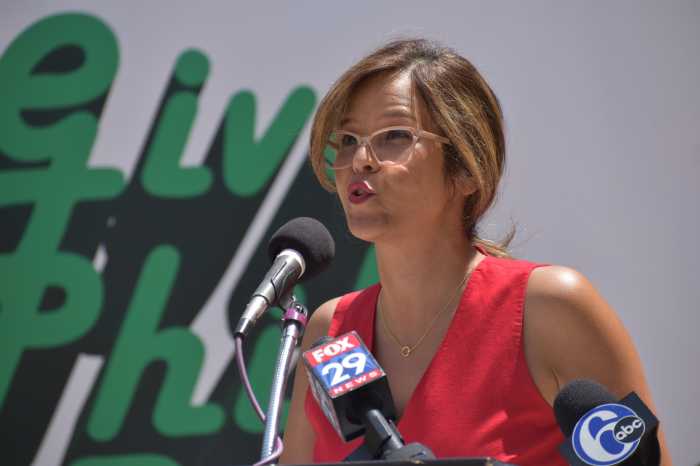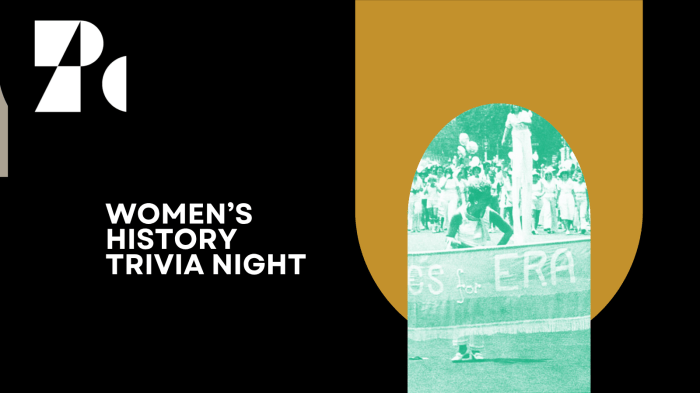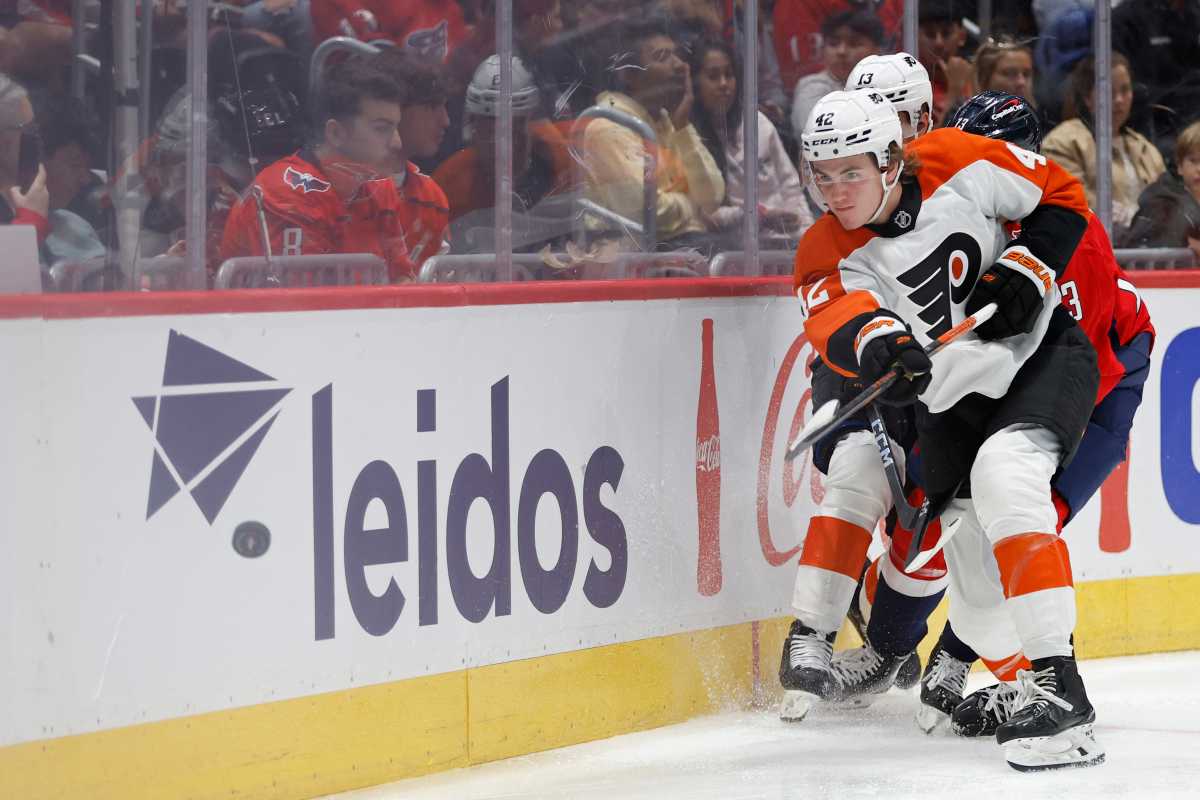By Carson Eckhard
In my Tampa, Florida high school in 2016, I learned the hard way that voting wasn’t an excused absence. The line at the poll was long. When I arrived at school, I was sent to the school office where they put a new tardy mark on my record. Why, I wondered, couldn’t voting be an excused absence?
Now that I go to university here, I see that it can be. Philadelphia’s public school district is closed Nov. 3, so that Philadelphia high school students, and more than 18,000 teachers and staff can vote and volunteer. That’s certainly something to celebrate. But it’s time to think bigger.
Youth voters comprise a crucial cohort of the nation’s electorate. Pennsylvania is a swing state, and young adults must have a say in swinging laws and policies toward those that affect how we’ll start our lives of work and family.
Education—schools—are essential. Students need to learn civics. The way to learn, like the way to learn sports or math, music or science or writing is to study first, then do it. Advocates across Philadelphia, including our most committed teachers, are calling for the School Board to create civics courses for high school seniors that include registering 18-year-olds to vote. Nationally, groups such as Inspire US, and here in the city, our own teachers, such as Tom Quinn who runs Philly Youth Vote, have achieved up to 90, 95, even 100% registration in individual classes. Philly’s good-government organization, the Committee of 70, has collaborated in getting great info into the schools, and When We All Vote has established the idea of a voting club in each city high school, even though getting them going during COVID has been as challenging as the rest of virtual school life. What we need now is for the School Board to do for every school what some lucky seniors are already experiencing.
Colleges need to learn from Philly high schools: close non-essential services on Election Day. Why? Because figuring out your first vote while in classes, in a pandemic, with polling locations changed, can and will trip up many students. College professors may be as unlikely to excuse students from class to vote as my Tampa, Florida, high school. In addition, up to 80% of us work before, after and between class. Up to 40% of us, according to Georgetown U’s Center for Workforce and Learning, are putting in 30 hours/week or more alongside a full course load and, sometimes, children of our own.
Colleges and universities across the country have shared get-out-the-vote social media messages; they’ve sent encouraging mass emails; they’ve hosted registration drives on campus and online. Many groups, such as my own #VoteThatJawn, have sought to supplement those efforts with great social media content, advocacy and events. But just think: what if all the colleges and universities in Philly and the surrounding counties—more than 30 of them—finished the job and let students get to the polls? And it’s about more than the student vote; closing universities for Election Day ensures faculty and staff can vote too. That’s a lot of voters. My school, the University of Pennsylvania, for example employs more than 23,000 people. By closing all non-essential operations and cancelling classes for the day, colleges would do what the Philadelphia Elections Commissioners have done by opening seventeen satellite election offices — they’d take down hurdles to voters, especially first-time, vulnerable and often marginalized voters.
As calls to make Election Day a national holiday continue to gain momentum, schools nationwide have the opportunity to set a strong precedent for prioritizing voting in their campus communities. They can help their students learn the practice on which all our citizenship rests: how to enter into our democracy as adults. Youth poet Laureate Cydney Brown put it this way in her first public poem, which she’ll recite again in a free October 30th concert by the Philadelphia Chamber Music Society: “This Choice is our Voice.”
Carson Eckhard is a University of Pennsylvania senior and #VoteThatJawn Youth Leader.




